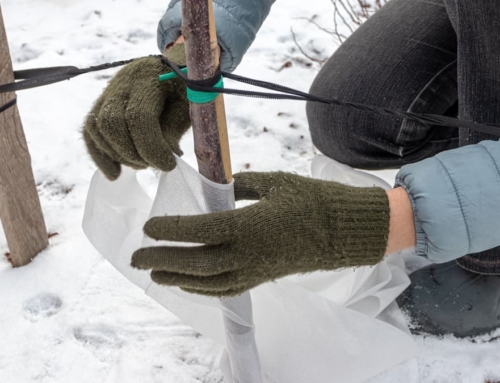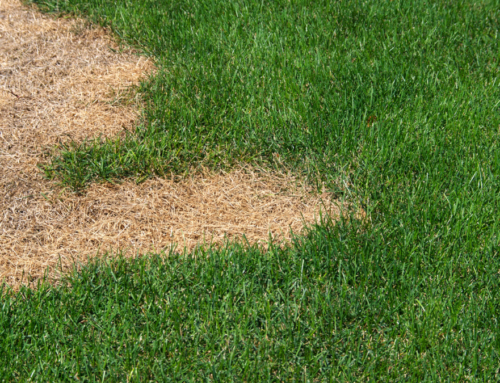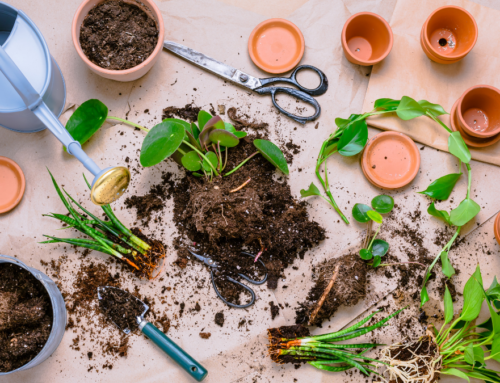INSECT-REPELLING PLANTS

Picture a warm summer evening, the sun is setting and a gentle breeze is hitting your skin as you relax outdoors. Sounds perfect, doesn’t it? Until those pesky insects come buzzing around, interrupting your peaceful moment. While commercial insect repellents offer a solution, they often contain chemicals that can be harmful to the environment and our health. Lucky for us, Mother Nature has her own clever way of keeping those unwanted insects away – insect-repelling plants! Nature provides an abundance of insect-repelling plants, each armed with its unique array of natural defenses. Here are some of the most effective ones:
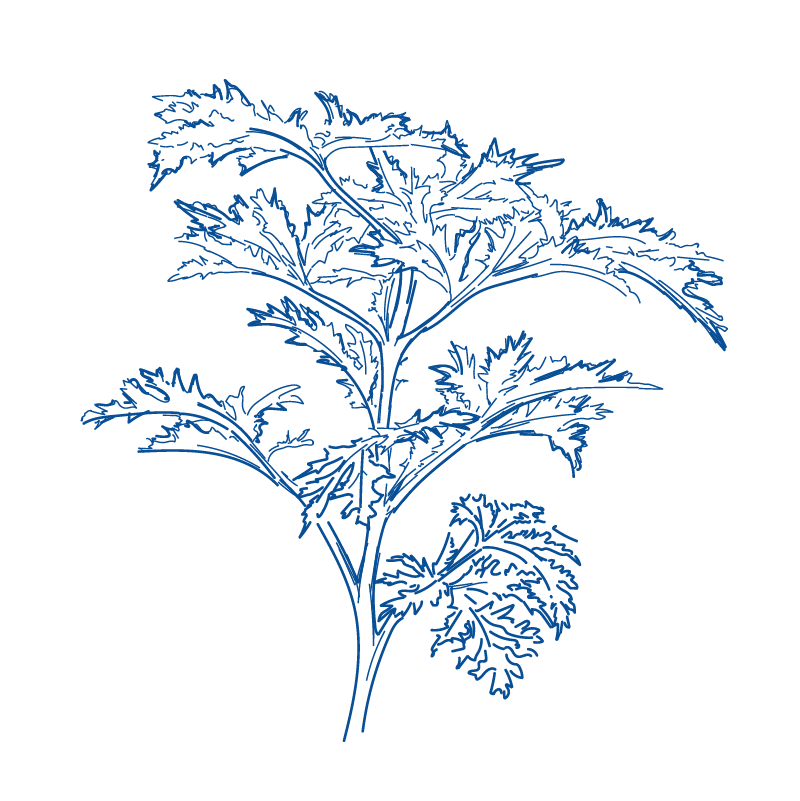
Citronella –
The poster child of insect-repelling plants, citronella emits a distinctive aroma that mosquitoes despise. Commonly found in candles and sprays, the plant itself is a beautiful addition to any garden.
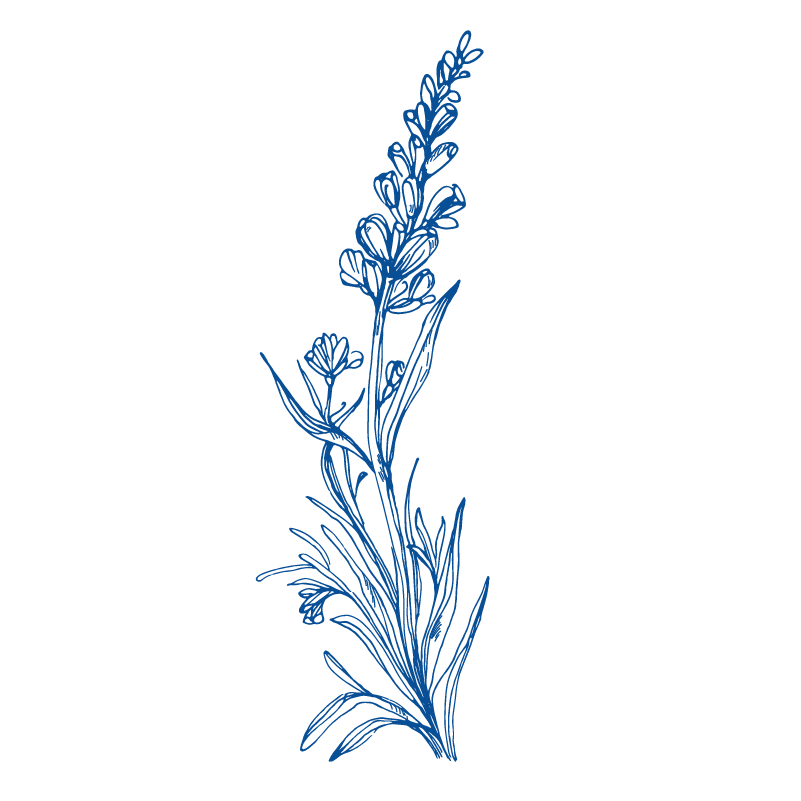
Lavender –
Not only does lavender produce a lovely fragrance, it also keeps moths, fleas and flies at bay. Planting lavender near entryways can act as a natural barrier against these pests.
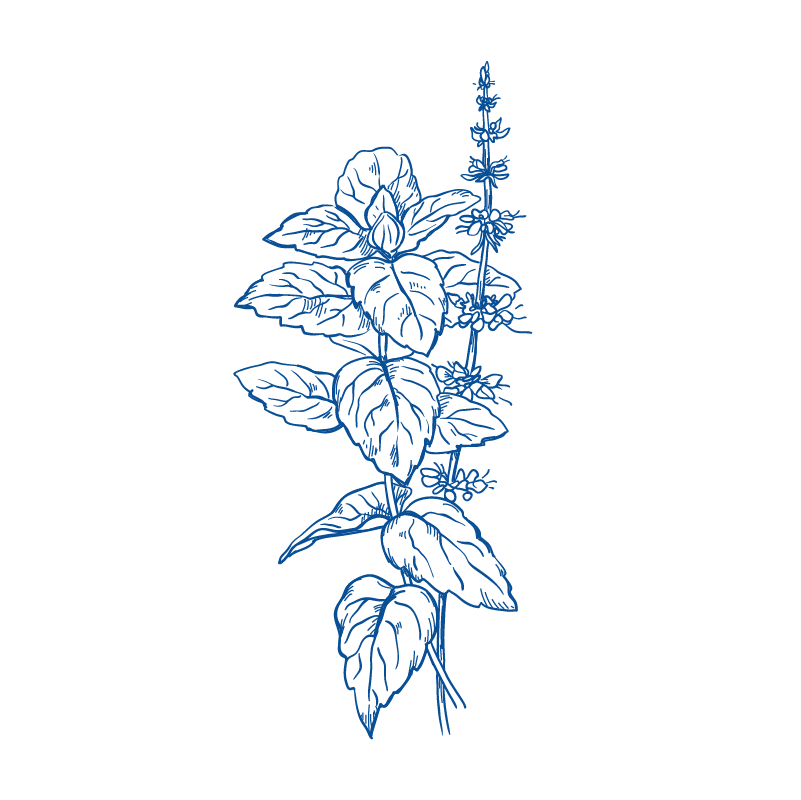
Peppermint –
The refreshing scent of peppermint may be delightful to us, but ants, mosquitoes and spiders detest it. Keep a few pots of peppermint around the house to keep these critters away.
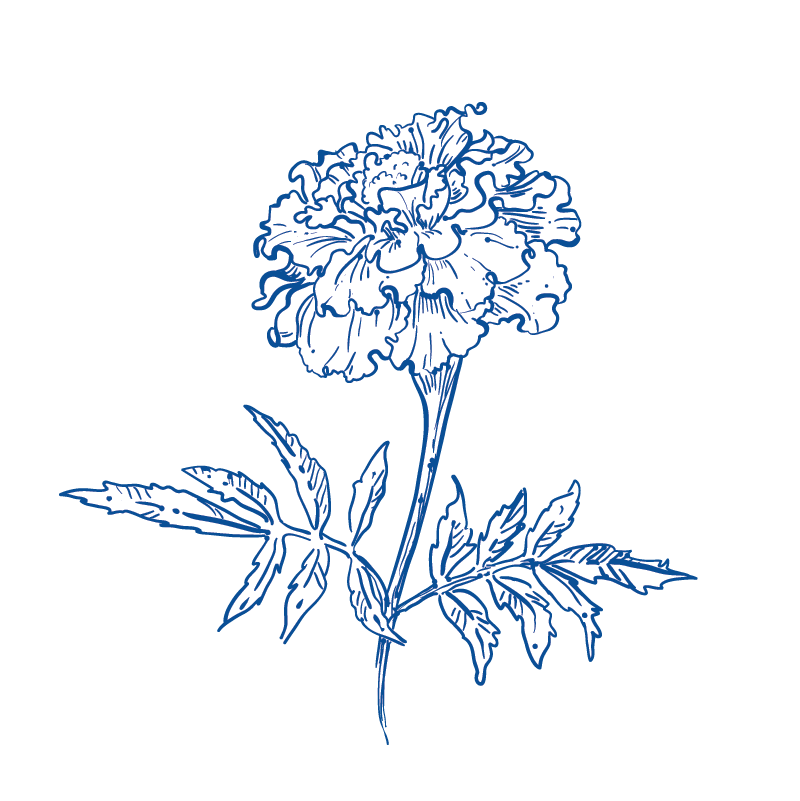
Marigold –
These vibrant flowers not only add color to your garden but also act as natural insecticides, repelling aphids, mosquitoes and even rabbits.

Basil –
Apart from being a versatile herb in the kitchen, basil also helps keep flies and mosquitoes from infesting your home.
Insect-repelling plants are nature’s gift to us, offering a safe and environmentally friendly way to ward off insects while adding beauty and fragrance to our surroundings. Embrace the power of these plants and let them protect your home and garden naturally. By doing so, we not only safeguard ourselves but also contribute to a more sustainable and harmonious ecosystem for generations to come. So, go ahead and plant those seeds and let nature’s shield bloom around you!
A Word of Caution: While insect-repelling plants are generally safe and non-toxic, it’s essential to be mindful of allergies and potential toxicity for pets. Some plants may cause mild skin irritation or stomach issues if ingested. Always research the specific plants you choose to ensure they are safe for your household.



